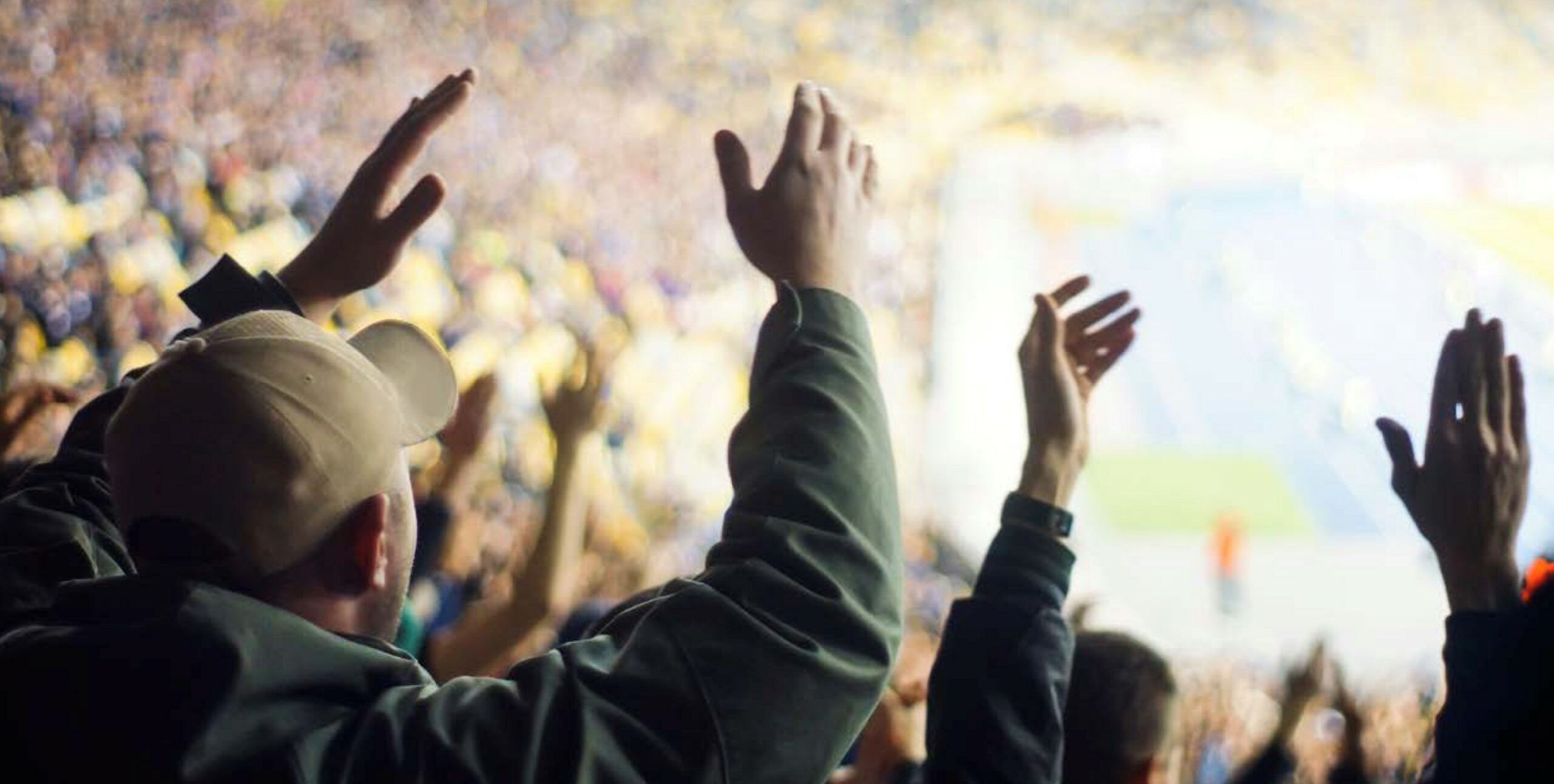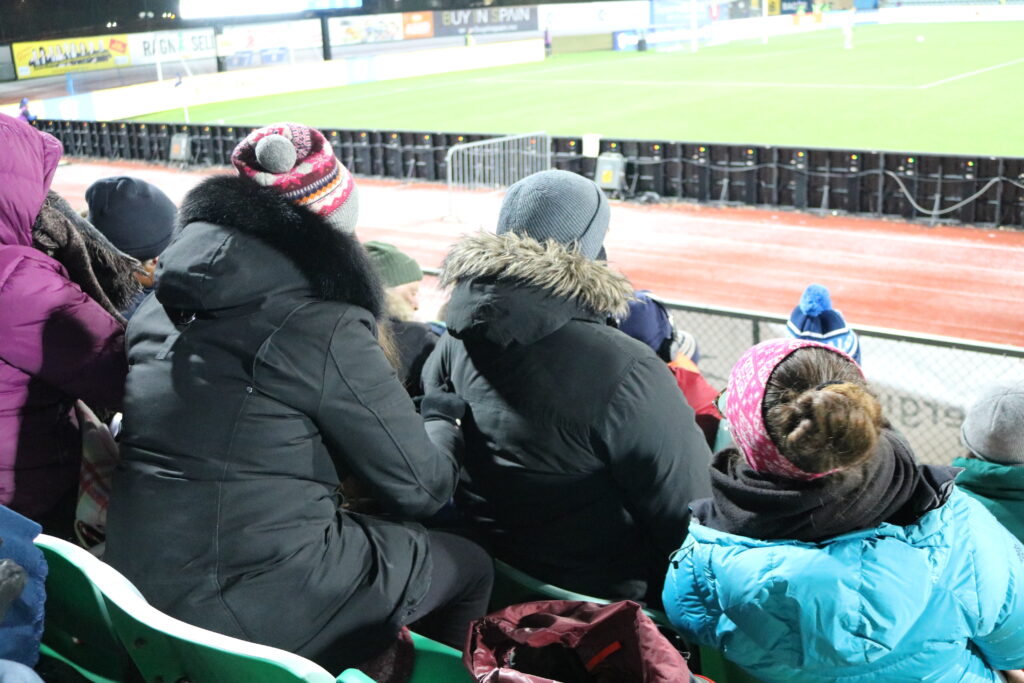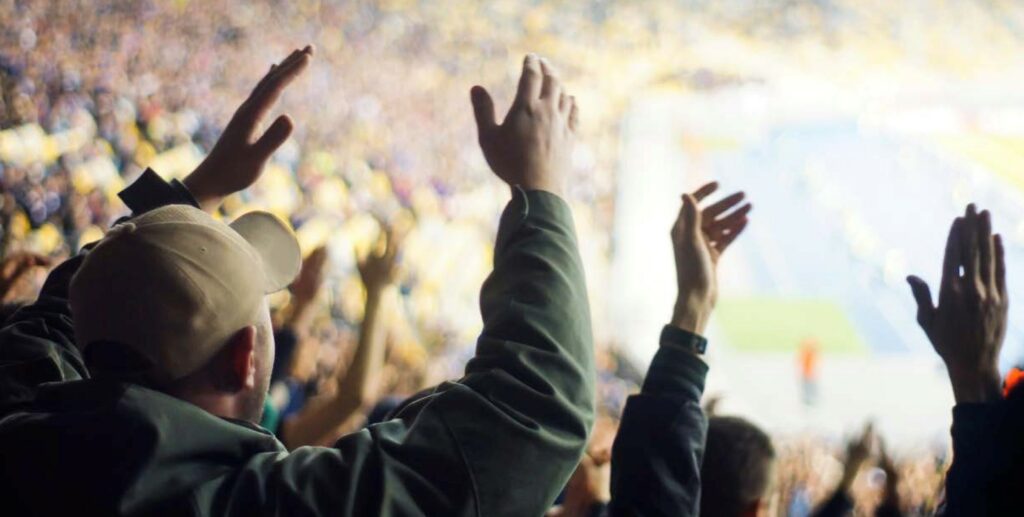The interpreter makes participation in cultural and sporting events possible for people with combined visual and hearing impairment

NAV customisation courses and projects depend on the interpreter
Bills need to be paid, meetings with colleagues need to be organised, food needs to be prepared. Everyday life has to be lived, but two of your senses are severely reduced or gone. That takes energy, a lot of energy! This calls for other strategies - new ways of solving everyday problems.
At Eikholt, NAV adaptation courses and project work are now being planned for the next six months. These are services for people with combined visual and hearing impairment/deafblindness, who aim to be as independent as possible in their everyday lives and to participate in and influence society. People who will live their lives like you and me - but with a severe reduction in two of our most important senses.
This is what NAV customisation courses, project work and research that provides new knowledge are all about. But to succeed in this, we need interpreters.
What is an interpreter?
According to NAV, the role of an interpreter is to facilitate communication for both parties. When interpreting for deafblind people, various combinations of interpreting and communication methods are used (NAV, The Knowledge Bank).
Interpreting services increase the opportunities for deaf, hard of hearing and deafblind people to participate and influence society.
Interpreter | Knowledge Bank
So who is this interpreter?
The interpreter is a human being, or perhaps more descriptively, a multi-artist. If the interpreter were a machine, it would have many buttons and many settings. The interpreter must be a sign language interpreter, sign language interpreter, speech interpreter, tactile interpreter, companion with visual interpretation and perform haptic communication, to name but a few. When it comes to communication, people with combined visual and hearing impairments/deafblindness need different forms of communication and adaptations.

Does that sound important?
Very much so, we would say. The project "Boundless sports fune" helps to emphasise this.
Unlimited sports fun with visual and hearing impairment
During 2023, a project will be carried out at Eikholt entitled "Boundless sporting pleasure". It is about facilitating the participation of people with combined visual and hearing impairment/deafblindness as audience members at cultural and sports events.
On several occasions, participants in the project, together with interpreters, have been spectators at football matches. Different communication methods and aids have been used. It's clear that this has resulted in memorable experiences and access to cultural events that many people didn't realise were possible.

I felt like I was sitting in the middle of the stadium and experiencing the whole football atmosphere.
Project participant
The interpreter plays a crucial role
It's inspiring to be able to talk about the success of the "Boundless joy of sport" project right now, in the middle of the project, and how it has helped give people with combined visual and hearing impairment/deafblindness the opportunity to fully participate as spectators at football matches.
During the project, we learnt that interpreters play a crucial role in breaking down barriers related to mobility, access to information and communication.
The effective use of interpreters, who are skilled in audio description, haptic signalling and sign language, has clearly enabled a sense of full participation during football matches. The immediate understanding of what's happening on the pitch is not only impressive, but also testifies to the importance of inclusive initiatives.
The results of the project strongly support the need for continuous support and implementation of interpretation services to ensure that people with combined visual and hearing impairment/deafblindness have access to relevant information and can fully participate in community activities, such as football matches.
The project "Boundless sporting joy" continues and we hope that the use of interpreters as a key success factor can inspire similar initiatives and measures.
Read here about the project "Boundless sports fun"
Upcoming courses
See all coursesOrientation and mobility
Date
13 May - 16 May
Location
Eikholt
Physical balance in everyday life
Date
03 June - 06 June
Location
Eikholt
User involvement in project work
Date
19 August - 22 August
Location
Eikholt
Communication and joy through music and activity
Date
09 September - 12 September
Location
Eikholt
